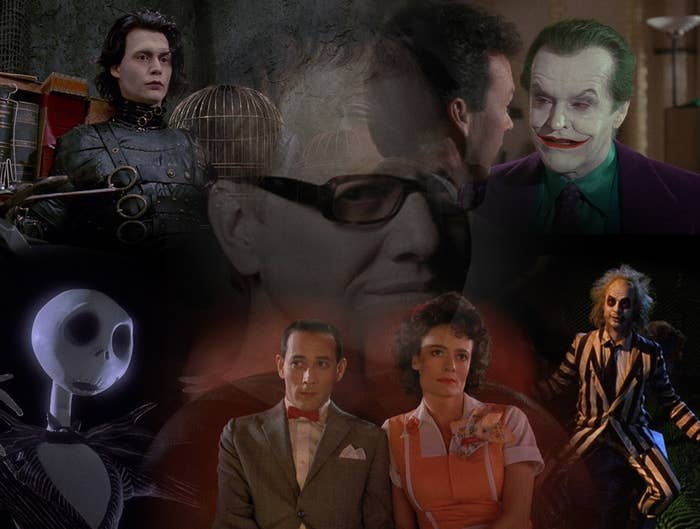
Danny Elfman might not be a name you immediately recognize, but you've definitely heard his work. As one of the world's leading TV and film composers, he has left an undeniable (musical) impression on pop culture over the last 30 years, creating everything from the theme songs to The Simpsons and Desperate Housewives to film scores for movies such as Good Will Hunting, Men in Black, Spider-Man, and, most recently, Fifty Shades of Grey and Avengers: Age of Ultron.
But it's Elfman's iconic collaborations with director Tim Burton — he has scored nearly every Burton film — that is the focus of his upcoming series of concerts, Music From the Films of Tim Burton, which runs from July 6–12 at New York's Lincoln Center. The multimedia concert, which originally premiered at London's Royal Albert Hall in 2013, goes through the highlights of the composer and director's 30-year collaborative relationship. Elfman himself also performs in the show, singing the Jack Skellington songs from The Nightmare Before Christmas (he provided the singing voice in the film).
In advance of the concerts, Elfman spoke with BuzzFeed about his early collaborations with Burton, which helped cement one of the greatest composer-director relationships in movie history.
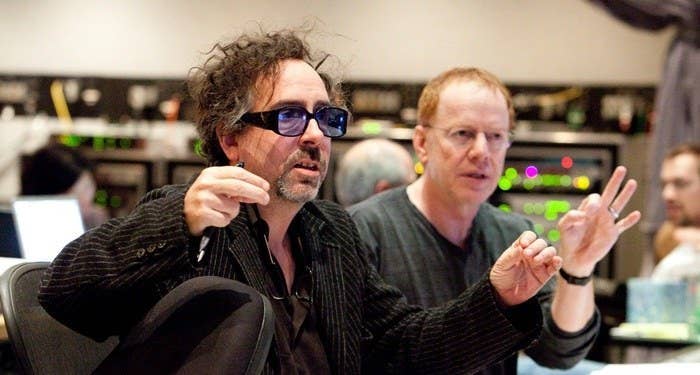
Pee-wee's Big Adventure (1985)
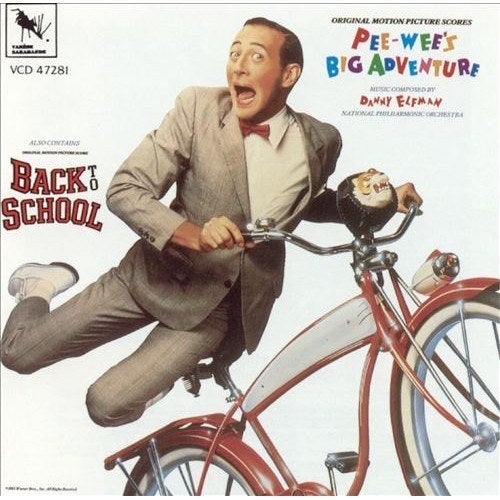
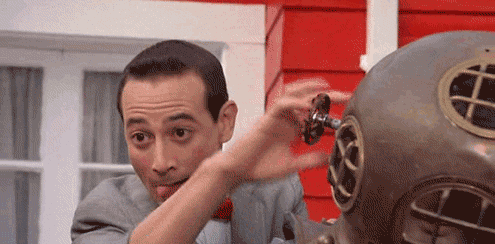
The offer to score Pee-wee's Big Adventure, his first collaboration with Burton, was completely unexpected to Elfman. At the time he was known musically only as the lead singer-songwriter of the successful L.A. rock band Oingo Boingo, and had scored just one film prior, 1980's Forbidden Zone, a cult movie directed by his brother.
"It was really out of the blue. I got a call saying, 'Will you meet with this young animator [Burton] about a Pee-wee Herman movie called Pee-wee's Big Adventure?' I actually assumed that it was about having a song included in the movie, because that was what my world was at that time, being in a rock band, and having had a few of our songs included in movies, that's what I was used to. And then, of course, on the contrary, it was about doing a score. I was naturally really confused about that. I was kind of like a nerdy [film score] fan and it never occurred to me me as a possibility that I would ever get into film scoring, or that I should be attempting to.
"But I took the meeting, and I knew who Paul Rubens (aka Pee-wee Herman) was since I had seen him perform at The Groundlings here in Los Angeles many times," Elfman said over the phone. "So I was familiar with the character, and I loved the character. Of course, I didn't know who Tim Burton was (or myself as a composer). But in meeting him, I realized we both grew up on the same films and that we were both fans of Bernard Herrmann [a film composer who frequently collaborated with Alfred Hitchcock] . So we had all these common points, growing up two horror movie kids in Los Angeles — it was a common bond. We weren't that far off from the get.
"So I went home and recorded a demo and sent it on a cassette. That demo ended up being the main titles to Pee-wee's Big Adventure. A couple weeks later I got a call saying I was hired. I was shocked."
Beetlejuice (1988)
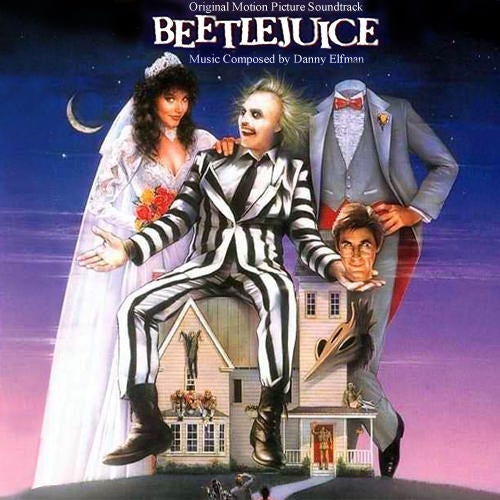
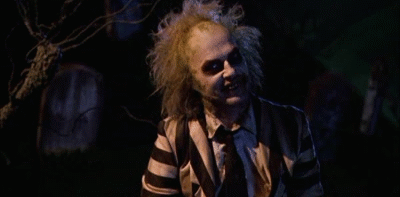
By the time of Beetlejuice, their second collaboration together, Elfman, who was still reeling from his unexpected success as film composer, had begun to establish himself in both TV and film scoring.
"I expected the [Pee-wee Herman] score to be thrown out the minute Warner Bros. heard it — never occurred to me that it would survive and that anybody would hear it, I just figured it would be a great experience," Elfman said. "To my shock, it was noticed, and I was offered a flood of movies to score. Then Tim came to me and asked if I wanted to do his next movie, Beetlejuice, and I said yeah.
"Once again, like with Pee-Wee Herman, we didn't really talk about how it should sound stylistically. I just saw the images and went with it. I didn't really score it as a horror movie, I scored it as a comedy."
Batman (1989)
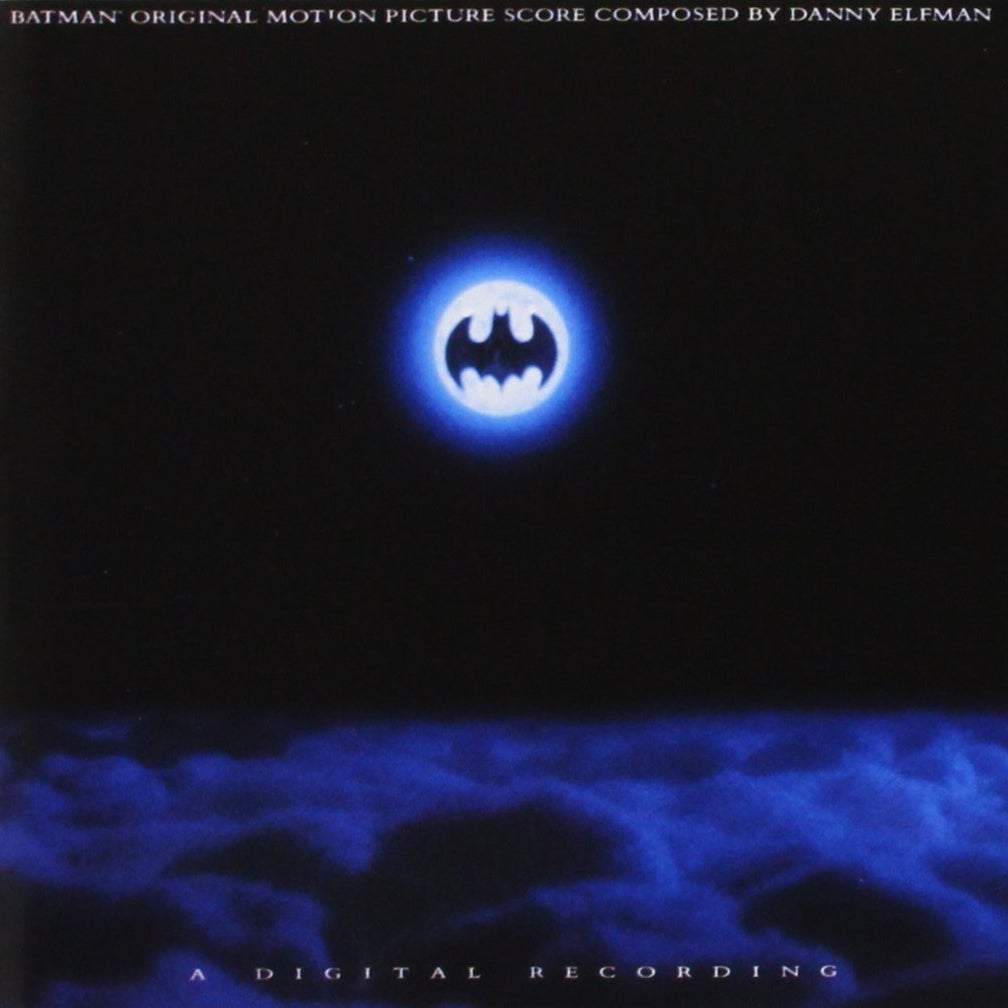
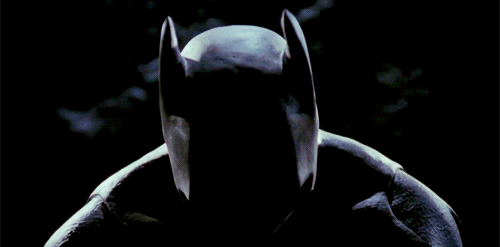
Batman was another career-changing moment for Elfman, and although it's hard to imagine the film without his iconic score, his involvement with the film almost didn't happen.
"Batman is still, after 90 to 100 films, the toughest one I went for. The film's producer, Jon Peters, didn't want me for the film, and I don't think the studio wanted me for the film. So basically nobody wanted me for this film but Tim. I think they [Warner Bros.] thought I was not experienced enough to do the film — it was a BIG film, and I hadn't done any big films; it was a dark film, and I hadn't done a dark film, I had only done quirky comedies.
"Then, once I got the job, there was really a lot of 'this probably isn't a good idea, but let's see where it goes,' and then there was a movement towards me collaborating with Prince and I just didn't see that working out. So there was a period where I had to back away from the film and then get pulled back into it again. I did go through about four weeks where I was pretty miserable and thought I had made the worst decision of my life, that I had walked away from this golden opportunity, and then it came back around.
"I just knew that I had a thing my head and I didn't want to lose it in the process of possibly working with another artist. And as much as I respect Prince, I didn't want it to be like a pop score — the sound in my head was distinctly not that. So it was really a moment I had to hold out for, but I had no idea the music would have that type of impact, it's just what I thought would work for the film, and at that point in my life, in hindsight, I was willing to take risks."
Edward Scissorhands (1990)
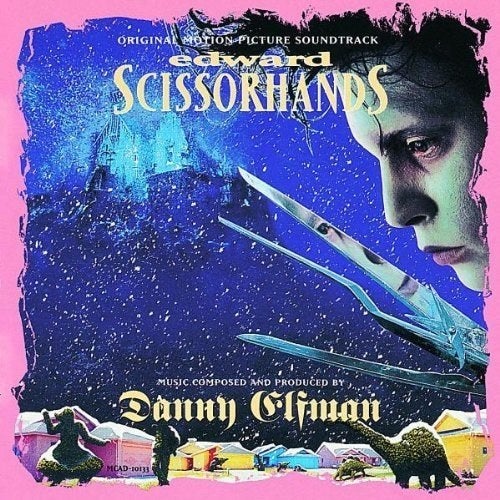
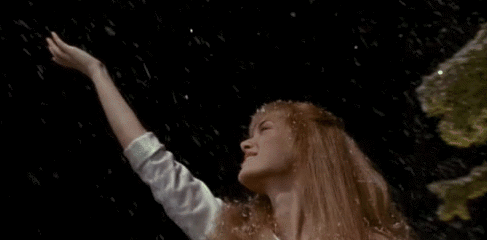
The next year, after the whirlwind success of Batman, the two reconnected again for what is arguably considered Burton's best and most personal film, Edward Scissorhands.
"I didn't see it as more or less personal than say Beetlejuice. Certainly it was about an alienated character — it felt a little more like it was Tim in this way. But the pleasure of working on Edward Scissorhands was that it was the antithesis of Batman — it seemed like no one knew we were making this film. Nobody to listen to, no presentations, nobody got involved — it was really hands-off, whatever goes. It was relaxing and removed from the intensity of the filmmaking in Batman. It was more like two weird guys off on their own, working on a school project or something. That was the feel of it."
The Nightmare Before Christmas (1993)
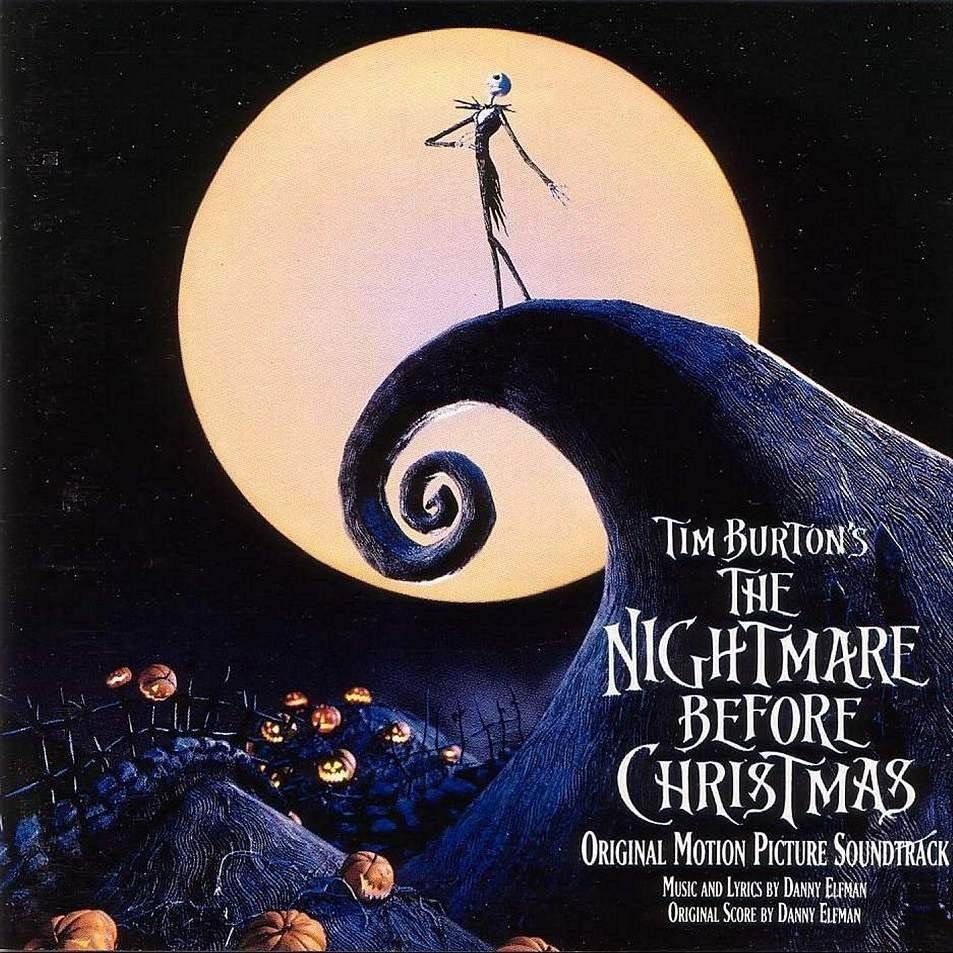
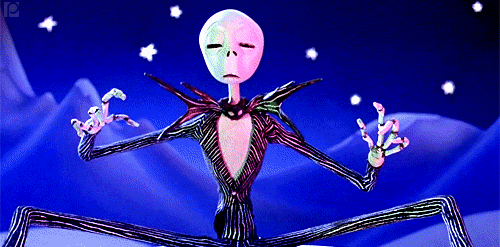
The Nightmare Before Christmas was not only completely different from anything Elfman had done before, it was also a much more collaborative effort between himself and Burton. The film connected with Elfman on a much more personal level: He saw parallels between himself and the main character, Jack.
"The Nightmare Before Christmas was unique to anything I'd ever done — I was involved with Tim when there wasn't even a script, just an idea. Neither of us really knew how to begin working the music, putting together a musical. I just knew whatever it was, I wanted it to feel, musically, not contemporary. During that period I was not a fan of contemporary musicals and I wanted to make something feel like the music could've been from any era, but not from the early '90s. And Tim was on the same page, but how to begin and what the process was neither of us knew.
"So literally he'd come over with a bunch of drawings, and he had his outline of the story, and I told him, 'Just tell me the story like you're telling a kid at bedtime something.' So he was like, OK, so he begins telling me what happens and as he's showing me pictures and telling the story, I hear a song. And he even had little bits of lyrics written out, ideas. And I'd say, 'Oh, oh, I think I've got it,' and I'd call two days later, three days later and say 'come back,' and I'd play the song for him and it would be great, then I'd say 'tell me the next part of the story,' and I'd run off and write it. I was really about three days per song, it was so quick.
"Then there was a point when we went into the studio to record proper demos of every song for Henry Selick [the film's director] to have. At the end of the sessions, I was like, 'Um, Tim, I really got to do this part [Jack's singing voice]' and Tim was like, 'Yeah, yeah, of course,' and thank god, 'cause it really would've killed me [not to have sung the part of Jack]. I really felt the Jack character — as I was writing the songs, I was kind of both telling Tim's story that he had created, Jack Skellington and Halloween Town, and my own story, Danny Elfman and Oingo Boingo, where at that point in time, I really wanted to get out of the band, but I didn't know how. And it was very much for me like Oingo Boingo was my Halloween Town — when you're a singer-songwriter you are in a way the king of your own little world, and I wanted another kingdom.
"It's interesting now going and performing those songs again. I didn't ever feel the need to perform again after Oingo Boingo — weirdly, I was always more comfortable as a writer, even though I loved performing. It was a love-hate relationship. I always had stage fright — putting myself out there was hard for me."
